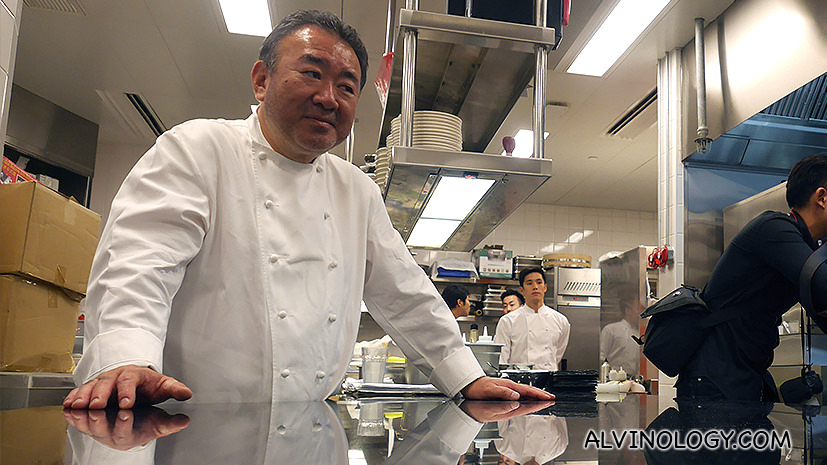A cook must have the best knife, made of quality material. Today, these products are kitchen knives made of Damascus steel. All characteristics, advantages, and disadvantages will be described in our article.
What’s important to know about Damascus steel knives
This material is often found in Japanese legends where warriors fought with swords made of Damascus. This metal is not so common today but is still considered a masterpiece. Patterned laminated steel can be divided by manufacturing technology into two extensive groups:
- Forged welding – artistic patterns are possible.
- Crucible melting – the pattern appears due to the crystallization of high-carbon alloys.
The first method is more common because of the lower cost of equipment. It can be carried out even in the simplest rural smithy. The quality of such Japanese carbon steel knives will be good even though there is no process for producing fireproof boilers, high-temperature furnaces, or melting reagents.
Fabrication process
During production, the specialist heats the steel plates of different grades. The result is one bar (the first welding). The resultant packet is then unpacked and separated into strips. After that, they are joined together to make a second weld.
The process continues many times. The Master chooses the point at which the time to stop. He adjusts the number of layers himself.
Damascus steel is a unique material that uses several grades of metal.
List of main types of pattern
The patterns on the blade differ from each other. It is an adjustable process, so there are several patterns:
- «wild» – obtained by combining a certain number of layers;
- mosaic – complex in reproduction, then and valuable;
- Stamping – the most common, it occurs when cutting any shape (e.g., cross, diamond) on the bar, and then there is a folding, as a result of the product formed pattern;
- Turkish – can be easily distinguished from others because of its bizarre forms.
In manufacturing, several metal plates with different hardness and density are collected, after which the plates are warmed to a high temperature for joining and then subjected to a forging process.
Material characteristic
Professionals know that when choosing a good tool, you need to pay attention to the value of HRC, the hardness level on a special Rockwell scale. Accordingly, the higher the figure, the stronger the product (sharpening holds better).
This value may vary between 40-70 units. A little over forty is typical for a Chinese stamping and seventy for Japanese katana.
The kitchen knife is not exposed to alkali and acids.
Pros and cons of knives from Damaskus
To begin with, you should understand the positive aspects.
- Its strength is as much as sixty-two HRC. This value allows you to work with bones, wood, and soft tissues; the product will cope quickly.
- The beauty of the blade. This parameter does not affect the quality but creates individuality and knife recognition.
All steel items have disadvantages. When reviewing Damascus, the following stand out.
- The hard production process directly affects the price tag.
- It is necessary to take care of him, especially after complex work (dry).
- Low corrosion resistance due to low content of alloying components in the composition (carbon is predominant).












